by Nathaniel R
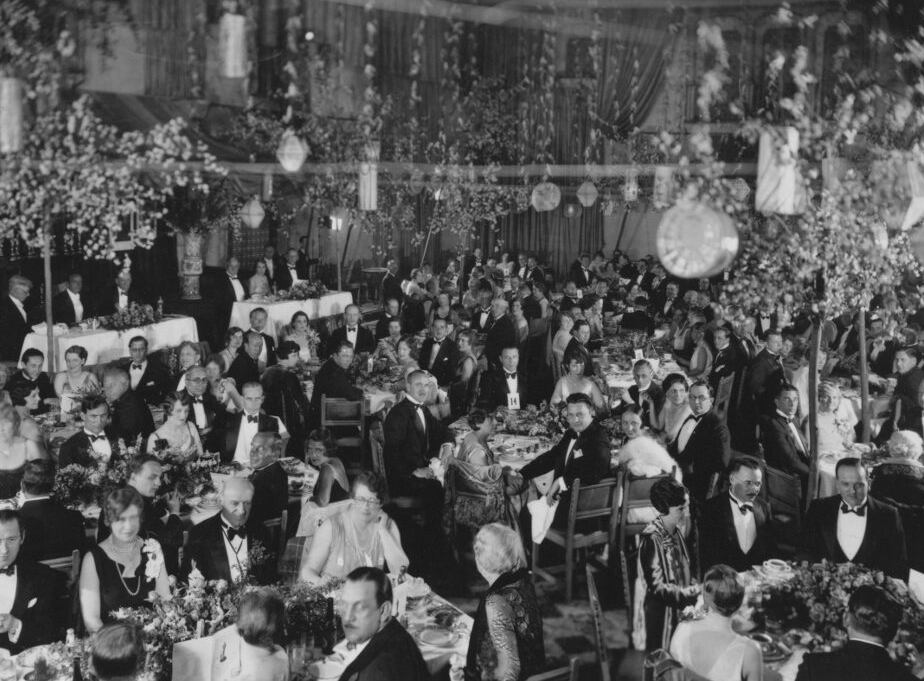 THE FIRST OSCAR CEREMONY (photo from the Academy)
THE FIRST OSCAR CEREMONY (photo from the Academy)
94 years ago today (May 16th, 1929) the very first Oscars were held in Hollywood. The newly formed Academy of Motion Picture Arts and Sciences was honoring the films released in the summer of 1927 through the summer of 1928 (a full year prior!). The ceremony, held at the Roosevelt Hotel (which was then about to turn two years old and is now the oldest continually operating hotel in Los Angeles) lasted just 15 minutes. It would be the first and only fully “private” ceremony with the Oscars broadcasting by radio the following year. It would also be the first and only ceremony ever held in May with the Oscars moving to November the next season. Unusual yes. But only to these modern eyes. It would take the Academy a decade plus to settle into many of the traditions and categories that now seem to have always existed and even longer before the television-specific rituals began (in the early 50’s.)
Let’s look at what they chose in their inaugural year and where you can now screen those films...
BEST PICTURE, PRODUCTION
-
7th Heaven (Streaming on TUBI with ads)
A romantic drama about a Parisian sewer worker and the waif he falls for (the very first Best Actress winner Janet Gaynor) -
The Racket
A crime drama about a police captain taking on a mob boss
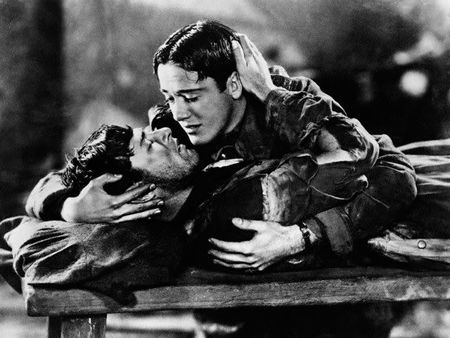 WINGS
WINGS
-
★ Wings (Streaming on TUBI and rentable everywhere)
A triangular romantic drama about two aviators and a nurse during the Great War
BEST PICTURE, ARTISTIC PRODUCTION
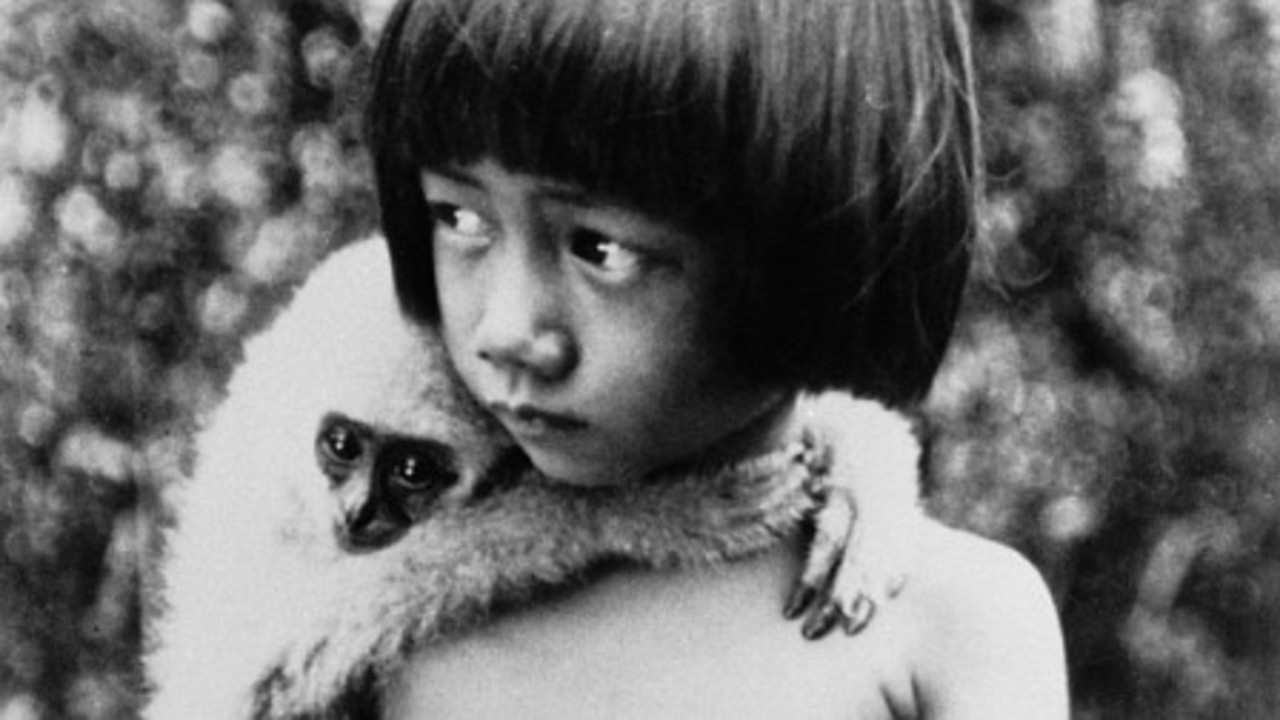 CHANG: A DRAMA OF THE WILDERNESS
CHANG: A DRAMA OF THE WILDERNESS
-
Chang: A Drama of the Wilderness (rentable on Kino Now)
This drama from the directors of King Kong is about a Thai family and wild animals -
The Crowd
A drama about a young married couple struggling to survive in New York City -
★ Sunrise (Streaming on Hoopla, Tubi, Classix, Freevee, and rentable everywhere)
F W Murnau's classic about a farmer who reconsiders his love for his wife while tempted by a big city woman.
Famously there were two separate Best Picture prizes in the first year in a strange attempt to separate commerce from art (?) despite Hollywood famously making its gazillions on the sometimes volatile matrimony between the two. Strangely, only Wings is now considered a Best Picture winner though really shouldn’t Sunrise also be considered a winner? The other odd effect of this separation is its fruitlessness since both Sunrise and Wings are artful AND accessible.
Though Wings is now considered the big winner of that first ceremony, Sunrise and 7th Heaven tied for the biggest winner that night with three Oscars each.
BEST DIRECTOR, DRAMATIC PICTURE
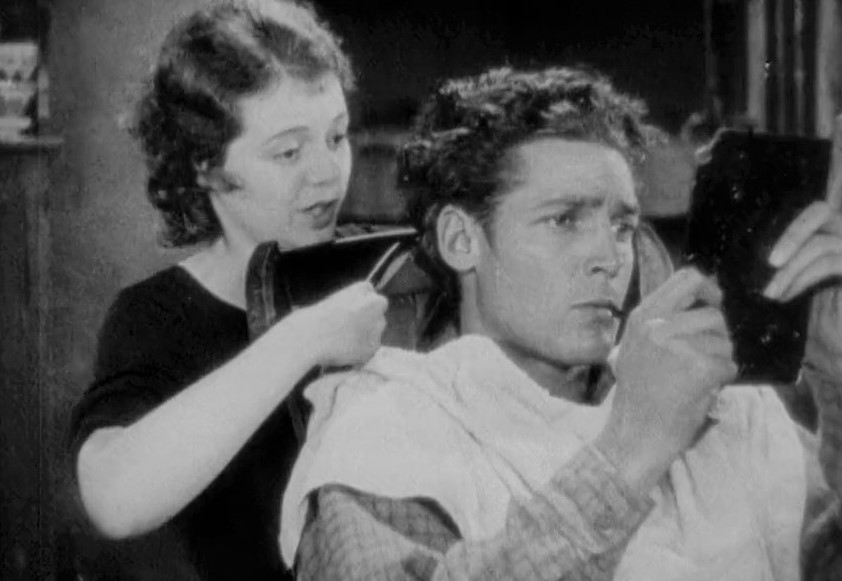 7TH HEAVEN
7TH HEAVEN
-
Herbert Brenon, Sorrell & Son
-
★ Frank Borzage, 7th Heaven
-
King Vidor, The Crowd
BEST DIRECTOR, COMEDY
-
★ Lewis Milestone, Two Arabian Knights
-
Ted Wilde, Speedy
A crazy first year for Best Director with a ton of trivia notes of interest. In an messy possibly Globe influencing twist, the first year divided drama and comedy… but only for directors! And, in a follow up twist, neither of the directors of the two Best Picture winners were nominated. There's also discrepancy about whether or not Charles Chaplin should be considered a nominee for Best Director (Comedy) but more on that in a minute.
More trivia: King Vidor (aka the "best named director" of all time) suffered the first of five losses at the Oscars, stretching from 1928’s The Crowd through 1956’s War and Peace. Milestone and Borzage would both win second Oscars very quickly, with Milestone winning again for All Quiet on the Western Front (1930), and Borzage picking up another for The Bad Girl (1931). And if that weren’t points of interest enough the fifth nominee Ted Wilde, who had come up in the business writing for silent comic star Harold Lloyd, would die 7 months after the ceremony. He was just 40 years old.
BEST ACTRESS
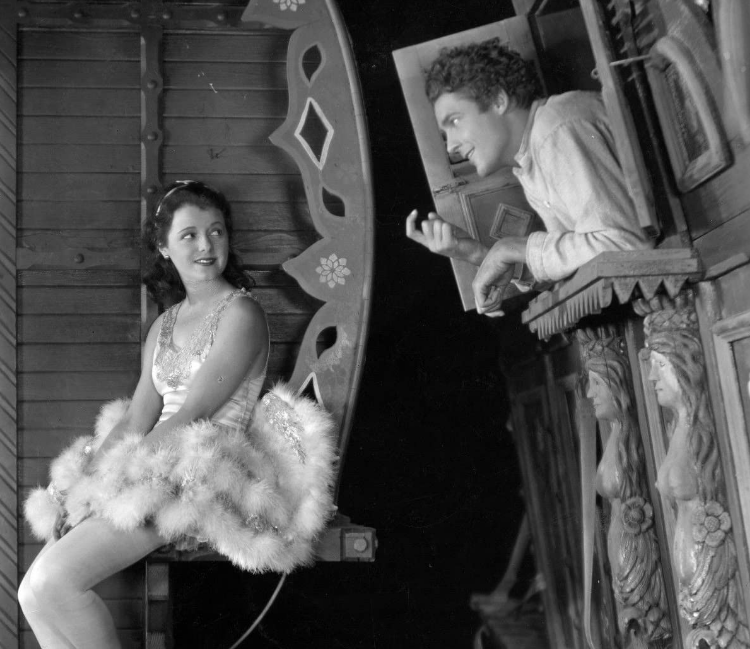 STREET ANGEL
STREET ANGEL
-
Louise Dresser, A Ship Comes In
-
★ Janet Gaynor, 7th Heaven, Street Angel, and Sunrise
-
Gloria Swanson, Sadie Thompson
BEST ACTOR
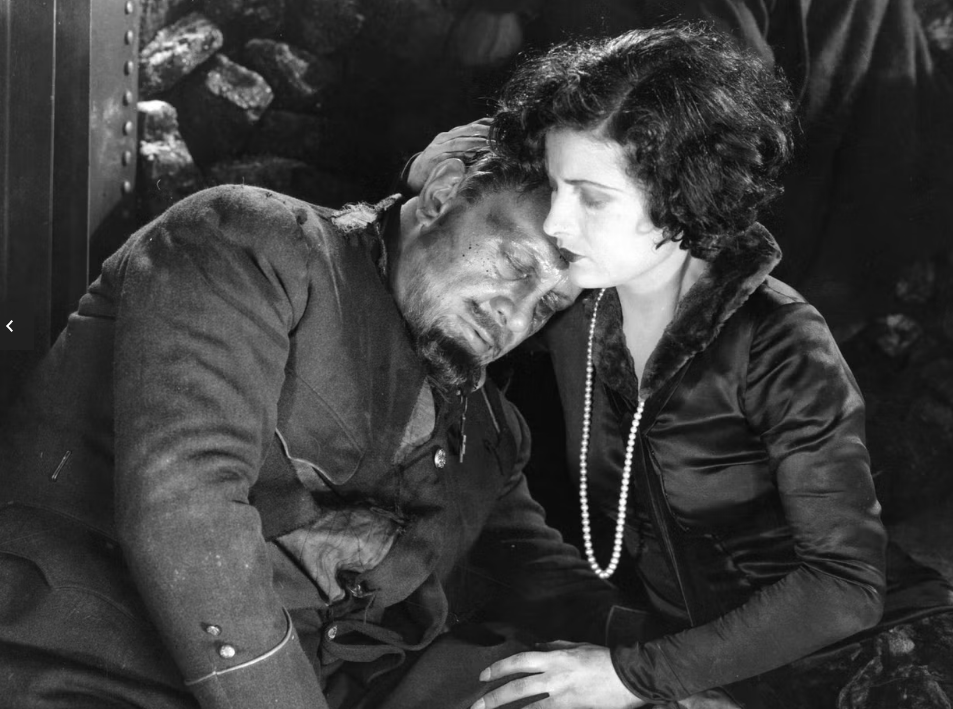 THE LAST COMMAND
THE LAST COMMAND
-
Richard Barthelemess, The Patent Leather Kid and The Noose
-
★ Emil Jannings, The Last Command and The Way of All Flesh
In the first year of the Oscars the nomination could be for multiple films. Though IMDb strangely lists Richard Barthelemess as having two separate nominations for Best Actor that year and Emily Jannings only one (for two films), the truth is with the latter as both actors received a single nomination which cited two films.
More Trivia: Gloria Swanson would go on to become the first person in history to receive a consecutive acting nomination -- she would be up again for Lead Actress at the following ceremony for The Trespasser (1929). Janet Gaynor would also return but later with a nomination for A Star is Born (1937) but for the rest of these first lead acting nominees, it was 'one and done' in Oscar terms.
It also surely stung Charles Farrell that he wasn't cited since he was Janet Gaynor's co-star in two of her three nominated performances (and they were romantically involved, too). Their pairing in 7th Heaven (released two summers before this ceremony) was so popular that they co-starred in a dozen films together between 1927 and 1934.
BEST ART DIRECTION
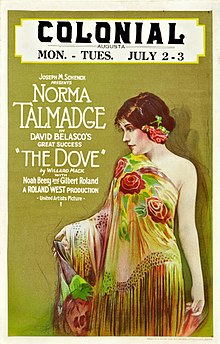
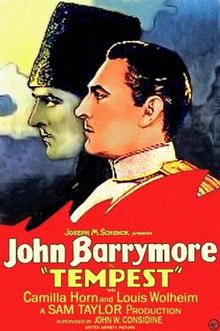
-
Harry Oliver, 7th Heaven
-
★ William Cameron Menziez, The Dove and Tempest
-
Rochus Glies, Sunrise: A Song of Two Humans
The Dove, based on a Broadway play, was about a man who framed another for murder due to a woman rejecting him (Norma Talmadge) and Tempest was a romantic drama about a Russian officer (John Barrymore) falling for a princess. Sadly The Dove is a "lost film" today though the Library of Congress has four of its nine reels.
BEST CINEMATOGRAPHY
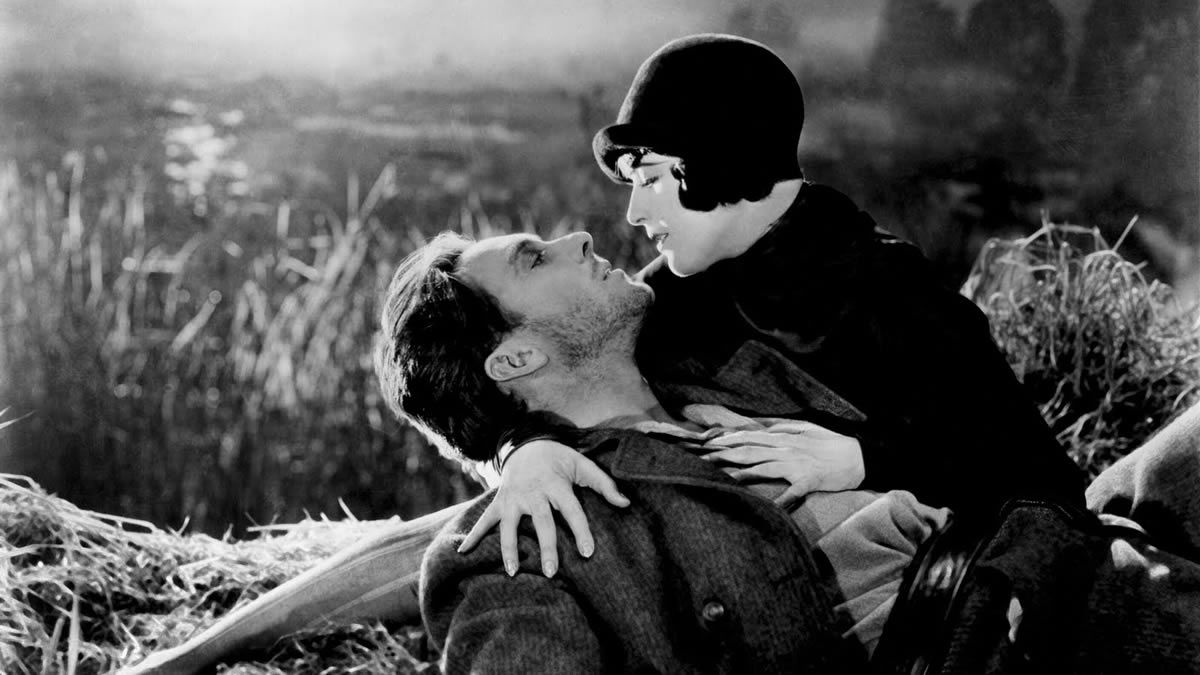 SUNRISE: A SONG OF TWO HUMANS
SUNRISE: A SONG OF TWO HUMANS
- George Barnes, The Devil Dancer, the Magic Flame, and Sadie Thompson
- ★ Charles Rosher and Karl Struss, Sunrise
The cinematography award started strong with this beautiful silent.
BEST WRITING, ADAPTATION
-
★ Benjamin Glazer, 7th Heaven
-
Anthony Coldeway, Glorious Betsy
-
Alfred A Cohn, The Jazz Singer
Glazer would win again for Arise My Love (1940)
BEST WRITING, ORIGINAL STORY
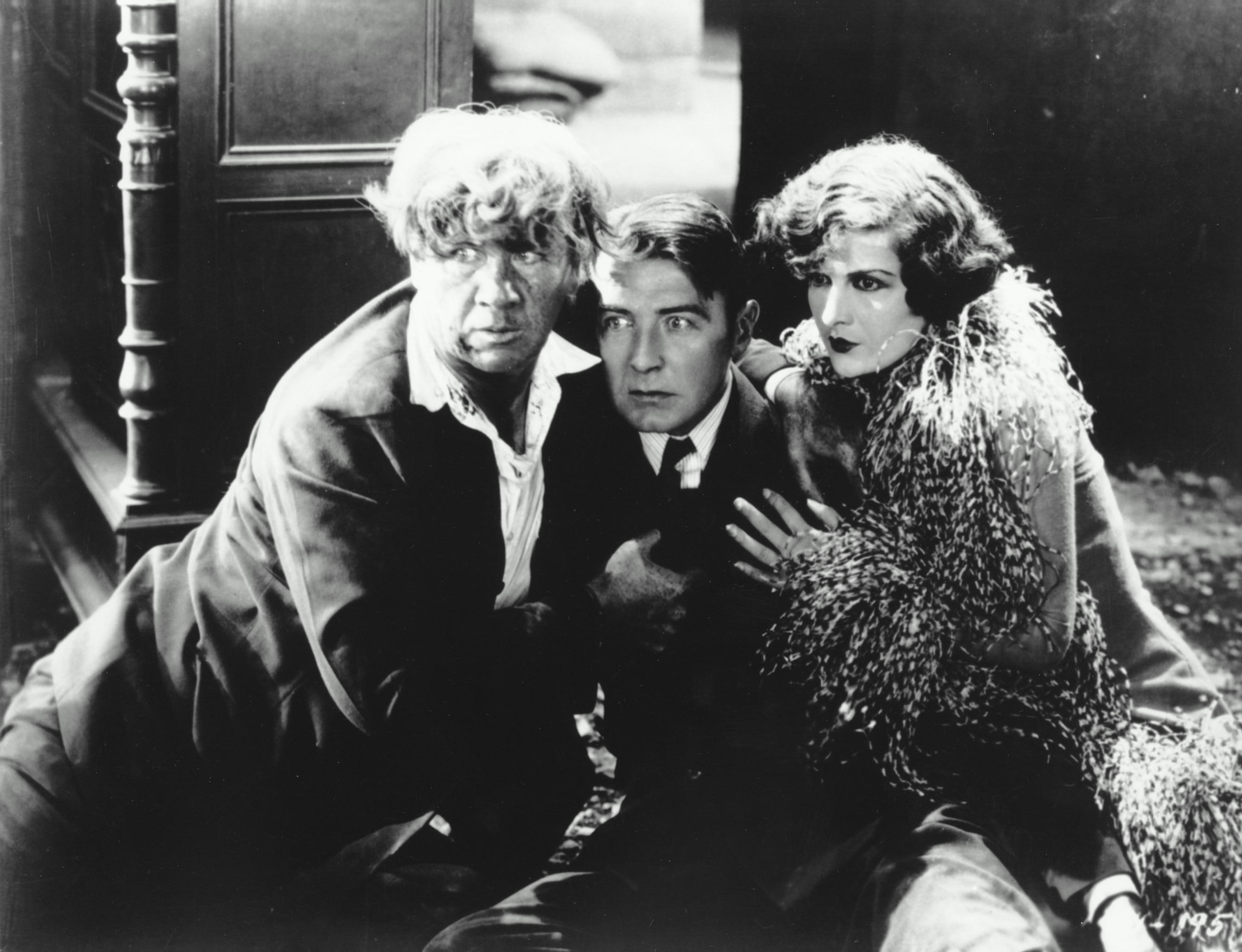 UNDERWORLD
UNDERWORLD
-
Lajos Biro, The Last Command
-
★ Ben Hecht, Underworld
Underworld was a crime drama about a gangster and his lawyer and the woman inbetween them. Ben Hecht would go on to become a regular nominee and the first writer to win two Oscars (The Scoundrel, 1935). His sixth and final nomination was the Hitchcock masterpiece Notorious (1946)
BEST WRITING, TITLE WRITING
-
★ Joseph Farnham
-
George Marion Jr.
-
Gerald C Duffy, The Private Life of Helen of Troy
BEST EFFECTS, ENGINEERING EFFECTS
-
Ralph Hammeras
-
Nugent Slaughter
-
★ Roy Pomeroy, Wings
The messiness concludes with even crazier inconsistencies. Best Title Writing (an immediately defunct category since sound films had already started blaring by the time of the first Oscar ceremony) while Best Effects, Engineering Effects both mixed nominees (without films cited) and nominees for specific film achievements. Effects was discontinued though some people (including Wikipedia) consider it the same as today's Best Visual Effects citation.
HONORARY AWARD ★ The Circus, Charlie Chaplin
Here's another weird inconsistency in Oscar records. Some people (including Wikipedia) consider Charlie Chaplin a Best Actor nominee for The Circus but according to the Academy, he isn't because his name was removed from the competitive field when they decided to give him this Honorary instead. Perhaps the discrepancy is whether or not they first voted for him in competitive classes BEFORE deciding on this Honorary? From their official letter to Chaplin:
The Academy Board of Judges on merit awards for individual achievements in motion picture arts during the year ending August 1, 1928, unanimously decided that your name should be removed from the competitive classes, and that a special first award be conferred upon you for writing, acting, directing and producing The Circus. The collective accomplishments thus displayed place you in a class by yourself.
Now of course it's commonplace for movie stars to be multi-hyphenates (with numerous producing credits and occasional work in writing/directing, too) but in the early days of Hollywood this wasn't exactly the case.
At any rate it's all quite murky because voting rules were different and there's even discrepancy about who was actually determining the nominees and winners before the rules settled into place.
HONORARY AWARD ★ The Jazz Singer